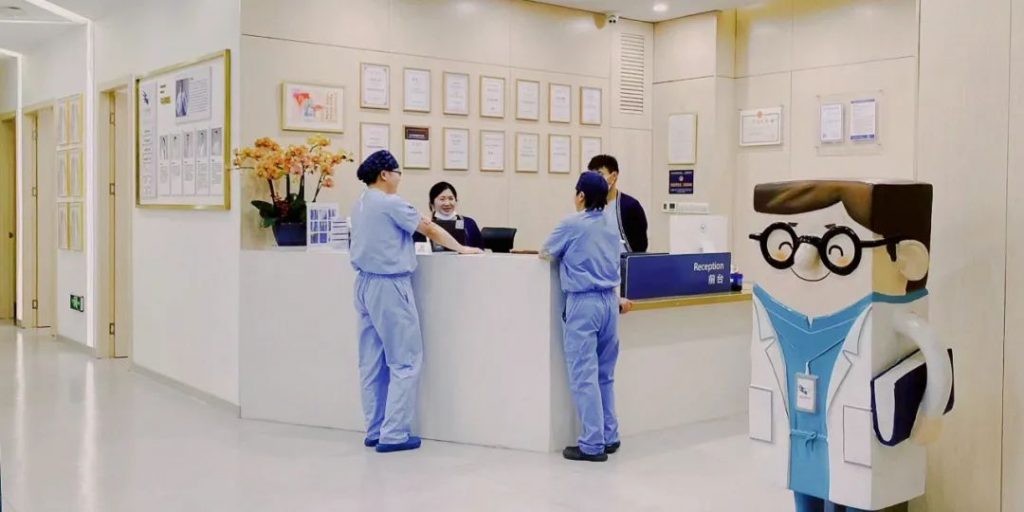Copyright@Sixth Tone All Rights Reserved.
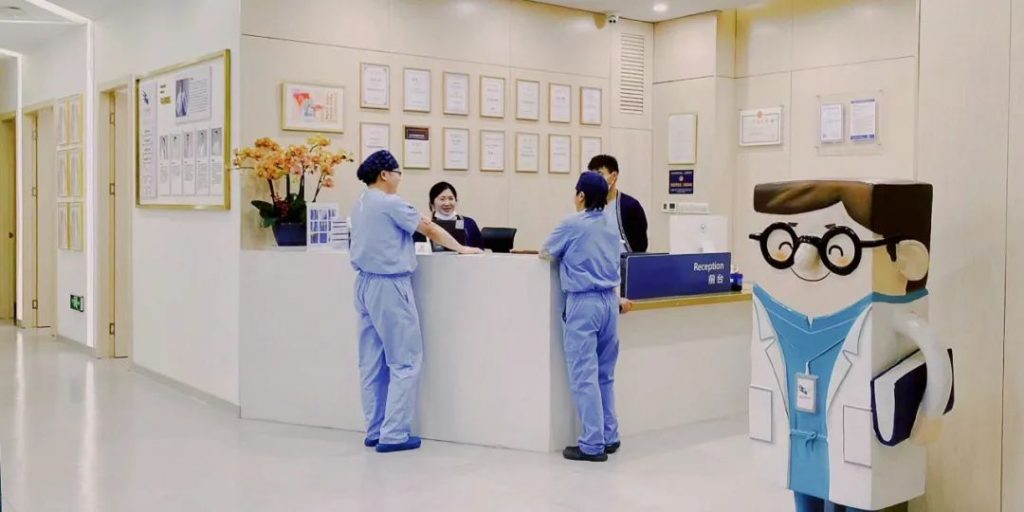
Healthcare reforms in China allowed the establishment of private medical groups over a decade ago, which offered high-quality services at premium prices. Now, with the domestic market cooling, these groups are looking to expand internationally.
For Dr. Zhang Qiang, a surgeon with decades of experience in China, a vascular procedure last month in Addis Ababa, Ethiopia’s capital, was far from another day in the operating room: It marked not just his first surgery outside China but another step in expanding his medical practices across the globe.
His foray into Africa began just weeks earlier when Zhang’s Dr. Smile Medical Group opened a vein center in collaboration with the city’s Silk Road General Hospital. There, a colleague, Dr. Deng Jianping, performed Africa’s first CHIVA procedure, an advanced surgery for varicose veins.
“Given the scarcity of artificial blood vessels and intravascular stents in Ethiopia, CHIVA offers a more accessible and preferred option for treating chronic venous disease of the lower limbs,” explains Dr. Zhang.
Almost a decade in the making, the opening of Dr. Zhang’s clinic in Ethiopia is the culmination of a radical decision he made 10 years ago. Where most doctors preferred to stay within the safety and stability of state-backed hospitals, Dr. Zhang quit as head of vascular surgery at a public hospital in 2012 to start an independent practice.
At that time, China had opened the door for doctors to enter private healthcare through the medical group model. This approach involves doctors working collectively to provide medical services, while sharing expertise and operational costs.
Targeting China’s middle and upper classes, medical groups prioritize personalized care and superior treatment experiences, distinguishing them from public hospitals, though at a far higher cost.
It also grants doctors the flexibility to operate in various settings, including the group’s own clinics, public or private hospitals, and other healthcare facilities.
While private medical groups initially saw substantial growth, the momentum has since slowed amid challenges such as attracting patients and operational issues, which were further exacerbated by the pandemic.
But despite the market tapering off, Zhang says he’s looking to leverage the domestic success to expand beyond China’s borders and focus on global markets.
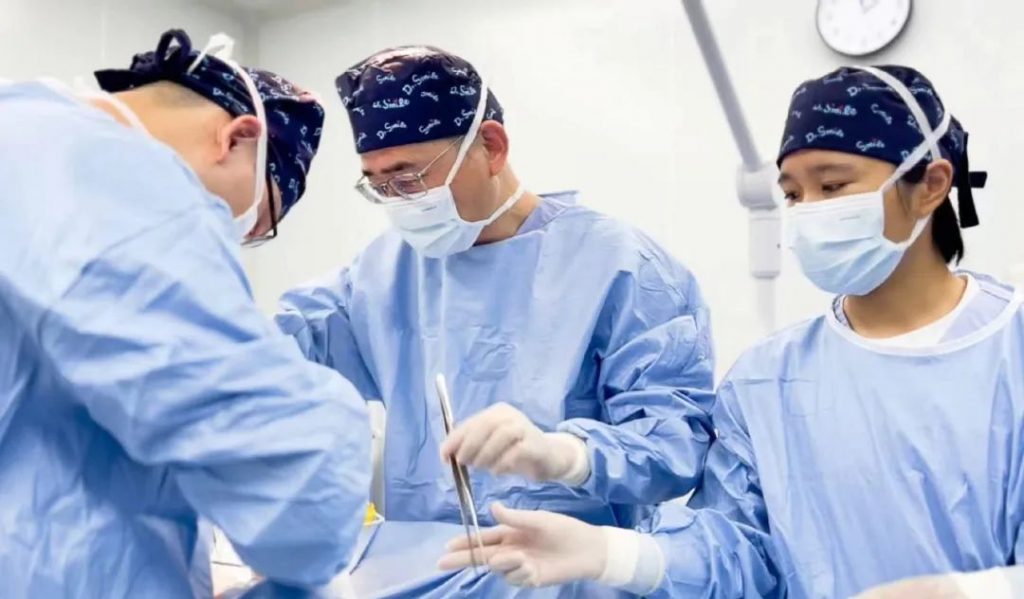
A different path
Zhang’s high-profile exit from the public hospital system was fraught with uncertainties.
“In 2013, I will leave hospital practice to seek a new path for China’s compassionate and excellent doctors,” he wrote on the microblogging platform Weibo after deciding to resign from the Shanghai East Hospital.
“Leaving the system meant giving up both the stability of a state-run position and an annual income of around 400,000 yuan ($56,257). However, I believe it will all be worth it… For me, it’s a journey of rediscovering myself.”
A decade on, Zhang, 57, says he not only achieved his initial goals but also encountered many unforeseen opportunities. “Stepping out into the unknown was challenging, but it has been immensely rewarding,” Zhang tells Sixth Tone.
In China, most medical practitioners still work in state-run public hospitals, attracted by benefits like generous pensions, housing perks, and lifelong job security. But the system also has drawbacks, including low salaries for junior staff, extended working hours, and doctor-patient conflicts that often lead to early career burnout.
And according to a report published by Yimi Research last year, low salaries more generally were among the primary reasons doctors consider leaving their positions. Other factors contributing to this dissatisfaction include limited prospects for career development, intense workloads, and management problems.
Before healthcare reforms, patients often criticized the chaotic management and lack of patient-focused care in public hospitals. Despite some improvements, issues like lengthy wait times and an overemphasis on pharmaceutical interests at the expense of patient welfare persist, particularly in rural areas.
The same reforms eventually opened the doors for individuals like Dr. Zhang to pursue private practice alternatives under an open market mechanism.
“At the time, I thought it was a good chance to start my own business while exploring new paths for doctors, and also address the mistrust between patients and doctors,” said Zhang, recalling the reasons for choosing private practice over public hospitals.
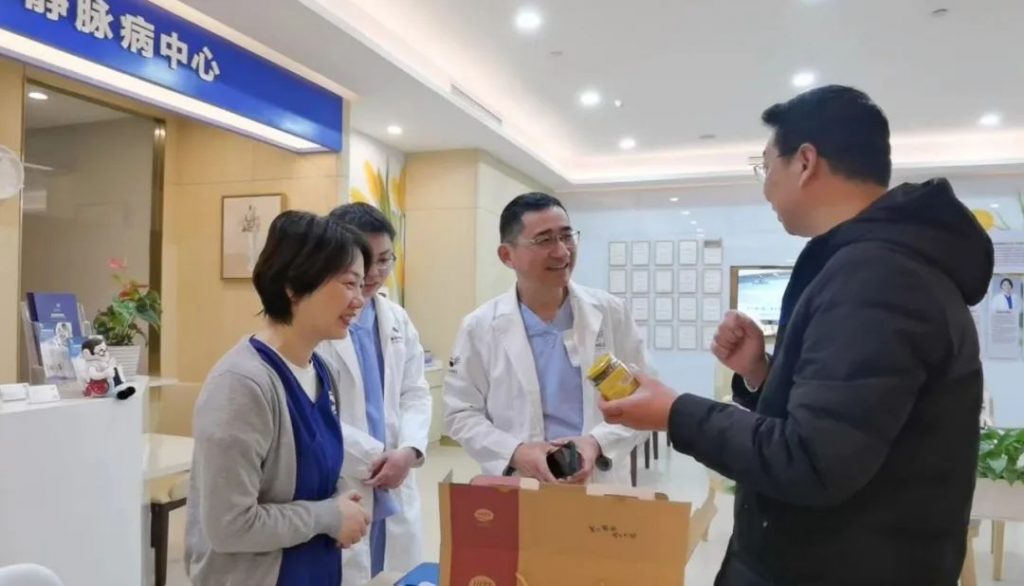
First steps
While medical groups are a well-established concept in other countries, they are still in a nascent stage in China.
Since Dr. Zhang began exploring this model in 2014, they have slowly gained traction, with several medical groups led by prominent medical professionals, including neurosurgeons, oncologists, and cardiologists, emerging.
In 2016, seven of these groups, including Dr. Zhang’s, came together to form the Chinese Medical Group Alliance, which encompasses a wide array of medical specialties, from neurosurgery to maternity and cosmetic surgery.
But just two years later, the popularity of medical groups waned in the wake of multiple challenges, from limited business management expertise among doctors to administrative hurdles and the impact of the pandemic.
According to a recent report, the number of newly registered medical groups has declined significantly, from 710 in 2018 to just 130 so far this year. And despite a decade of development, of the 2,600 medical group practice companies in the country, only about half are on track for sustainable operation.
According to Dr. Zhang, unlike in the U.S., where medical groups significantly influence the healthcare industry, this model is unlikely to become mainstream in China due to unique social and policy-related factors.
However, he believes these groups will serve as a catalyst for change in China’s healthcare system. “Medical groups can set benchmarks for improving services or make technical advancements in specialties,” says Dr. Zhang.
“We won’t be able to compete with a general district hospital in terms of handling a high volume of patients or medical facilities, but our flexibility allows us to outdo public hospitals in patient experience and operations.”
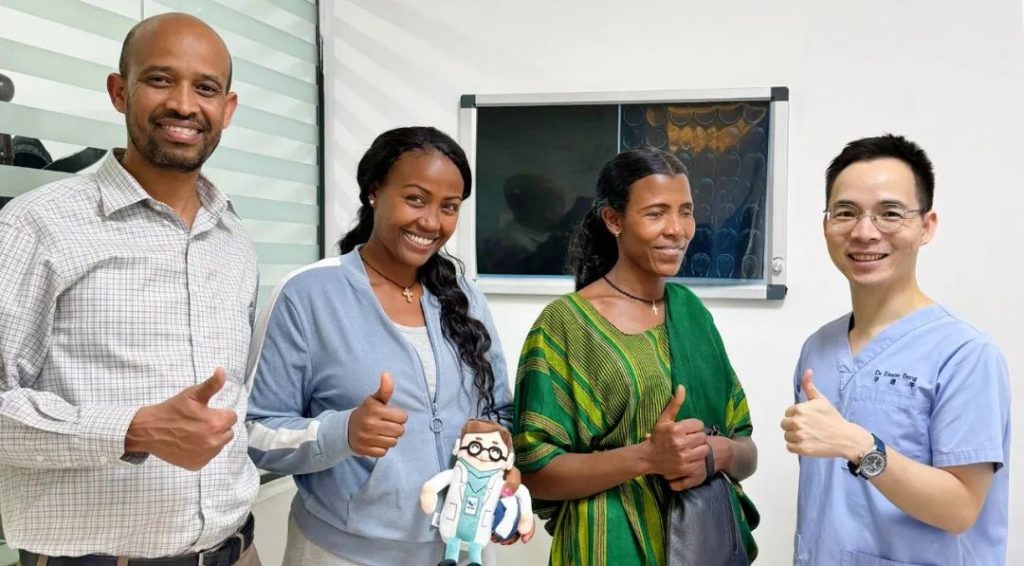
Dr. Zhang’s own medical group has mirrored the industry’s growth trajectory.
The business achieved its break-even point in 2019, at a time when the company had expanded to 50 doctors. Following this peak, the group underwent strategic restructuring, honing its focus exclusively on vascular surgeries. The Chinese Medical Group Alliance, meanwhile, now comprises 100 members, up from the seven it began with in 2016.
Zhang notes that while the domestic market has posed developmental challenges, these have served as a catalyst for the group to seek opportunities internationally.
His experiences in Africa, in particular, have not only expanded his medical expertise but also reshaped his worldview. “When you’re rooted in one place, there is a tendency to artificially divide the world into two distinct parts. Initially, I used to perceive the world through a China versus non-China lens,” he says.
However, through his travels, he realized that people share more in common than not. “This is especially clear in healthcare, where patients from different regions voice similar needs and concerns,” he says.
Zhang remains optimistic about the future of the Dr. Smile Medical Group, with plans underway to open new locations in Beijing and Shenzhen. “We anticipate further growth, and aim to expand the team to beyond 100 members, including staff in global markets,” he says.Editor: Apurva.(Header image: Inside the Dr. Smile clinic in Shanghai. Courtesy of Zhang Qiang)
